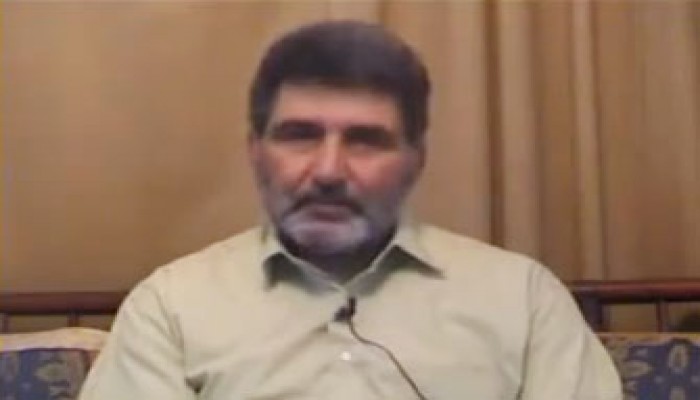Brotherhood youth reject the appointment of non-leader Salah Abdulhaq

A struggle within the Brotherhood terrorist organization between two generations, the young generation that represents the overwhelming majority, and another generation that was described as the cause of the collapse of the group and the Arab countries.
The younger generation refused to follow the group’s generation. After Ibrahim Munir’s death, the group became without a guide, and until recently, opinions were mixed.
A wave of internal divisions and an insurgency by youth
The organization’s internal divisions are growing between the elderly who control decisions, and the youth, who represent 90% of the Brotherhood. The organization’s youth began a new unannounced rebellion immediately after news broke that Salah Abdulhaq had assumed the position of acting leader of the Brotherhood.
According to media reports, youth’s objection was tied to the way the organization’s top man was chosen through the will of the late Ibrahim Munir, not through direct election, as always.
Expectations for Youth Development and Rejection of Abdulhaq
The organization is expected to see an escalation in the youth in the near future, especially in light of the attempts to put pressure on them locally and abroad. The youth are rejecting the selection of Salah Abdulhaq to his new position because he is over eighty years old, in addition to his belonging to a school of impeccable thinking that is not suited to new developments in reality, as he is considered to be from a contemporary generation, Sayyid Qutb.
The Brotherhood is trying to prepare the Brotherhood to make this choice by persuading the youth sectors within the organization. Although it made efforts in this context and was confronted with a rejection storm, which makes it likely that a new schism will occur within the Brotherhood, but this schism will take place within the Ibrahim Munir Front and not within the organization between the two major fronts, which we consider a schism based on the actual schism.
It then establishes conservative youth groups whose mission is to confront other youth groups, who are looking for a role within the organizational structures so that the battle or disagreement, if it occurs, will appear to be between the youth and each other, and not between the organization and the large segment of youth. This signals the defection of the splinter fronts.
As a pressure card, the Brotherhood used material assistance to the group’s youth abroad to prevent such support from them and their families, as well as to dismiss unloyal youth, as was evident in media platforms controlled by the Mahmoud Hussein Front or the Ibrahim Mounir Front, where each front recruits workers to its platforms to be subordinate to it in the ongoing conflict within the group.
Terrorist group will not return
Abd el-Galil Sharnoby, a political researcher specializing in political Islam, said the group will not return and does not have a strong presence in the street or at home. This was clearly evident in the selection of Abdulhaq, a person who does not have charisma or even a leadership role.
Sharnoby added: “The youth of the Brotherhood have not yet been interjected by the big names in the group, which confirms the existence of a conflict. The youth are trying to establish a movement within the Brotherhood to turn against the elderly who play the biggest role in the collapse of the group, which lasted for more than 80 years but ended unforeseen by everyone”.












